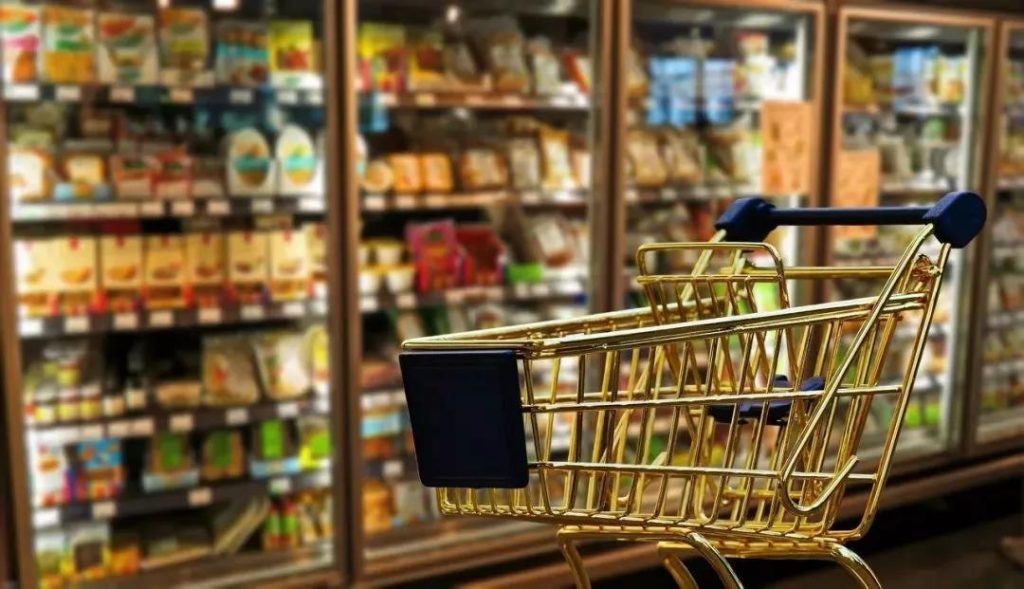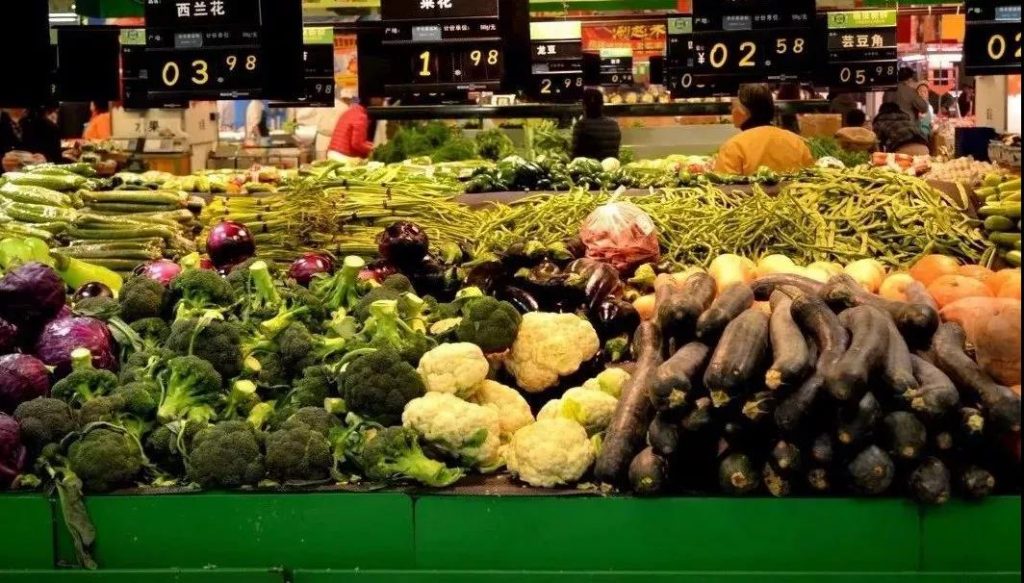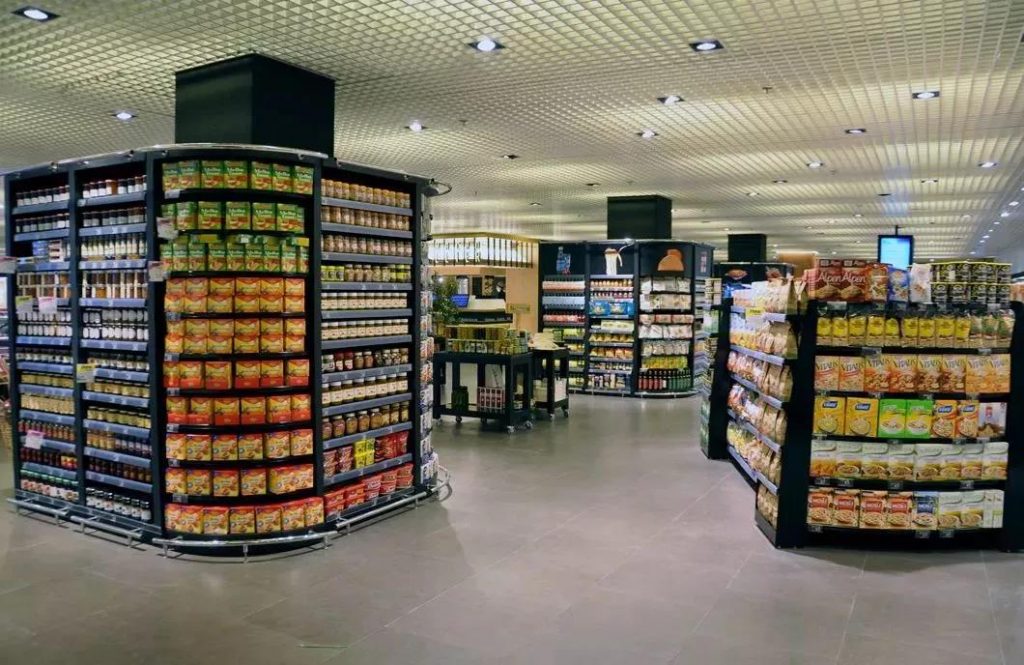Why do supermarkets often engage in membership card discount promotions? The truth is …
Now almost every time I go to the supermarket
You can see discounted goods in a prominent position
Catch the holidays
Supermarkets will also have big discounts and big promotions
Have you ever thought about
Why do supermarkets often discount and cut prices?
Effective price positioning
Some customers go to the supermarket to choose and buy it after a long time, and some customers just grab one at hand. For supermarkets, it is best to use high prices to entice loyal (or lazy) customers, and then use low prices to attract bargain buyers. Because the middle price is not good: the price is not high enough to make more money from loyal customers; the price is not low enough to attract bargain buyers.
If prices remain stable, even the least price-sensitive customers will know where to buy cheap goods. So supermarkets cannot insist on high or low prices, but jump between the two extremes.

The price positioning strategy is effective because the special products of supermarkets are always changing, and it is too troublesome for customers to go to two supermarkets at one time.

Randomly increasing the price of a certain vegetable is also a common tactic in supermarkets. Customers who notice the price difference will buy other vegetables this week, and those who do not notice the price increase will be recruited!
The location of the product is different, the price is different
Once when I was looking for potato chips, I found that my favorite salty and spicy potato chips were just above the shelf, and below the shelf more than one meter away were potato chips of other flavors. The specifications were the same. The potato chips on the upper shelf were the same. The price is 25% higher. However, although there are differences in the prices of products with similar placement and specifications, many customers have not made comparisons. They are more concerned about having snacks. Of course, taste is important to some people.

This is a common phenomenon in supermarkets: they have many similar (or not very similar) alternatives, some are cheap, some are expensive, and the pricing is very random. Therefore, customers can only buy cheap goods by paying special attention and remembering to compare the prices of goods.
Tips for shopping in the supermarket
1. Buying large packages is not necessarily more cost-effective
I believe that many consumers will have the inertial thinking of “buying more than buying less,” in fact, the price of many products in large packages is more expensive than small packages. This situation mostly exists in snack foods, such as beverages, potato chips and so on.
Supermarkets use the psychological “halo effect” to lower the prices of daily necessities such as food and daily necessities, and often buy one get one free and other promotional activities. A small number of supermarkets quietly increase the price of goods and then give gifts; some supermarkets bundle products that are about to expire with genuine products. Consumers often ignore its production date and get a sense of visual satisfaction, giving you the impression that this supermarket is cheaper .

2. Try to take the goods on the shelf as far as possible
There is a common principle for supermarket merchandise placement: the ones you can easily get are always the ones that businesses want to sell the most. Therefore, supermarkets generally place products with higher profits or expiration dates between 1.5 meters and 1.7 meters.

When some supermarkets put milk, yogurt, and refrigerated cabinet foods, they like to put the freshest products at the top, and change them gradually every day. The goods on the outermost shelf of the shelf are picked up frequently, and most people just pick them up and look at them, and may not buy them, so they are prone to bacteria. If you want to buy fresh ones with the most recent production date, then “pull out” the innermost product.
3. Buy fresh and frozen food last
Generally speaking, the temperature in the supermarket is higher than that in the freezer. If you buy raw meat, seafood, quick-frozen food, etc., it will start to thaw before the checkout, which increases the possibility of bacteria breeding. Therefore, it is recommended to buy this type of food last.
4. Buy less supermarket semi-finished vegetables
According to research data from the external network, after cutting up cruciferous vegetables such as green cauliflower and radish, leaving them in room temperature air for 6 hours, the loss rate of anti-cancer substances can reach 75%. If you don’t cut them, store them in the refrigerator for 7 days, there will be only a small loss of anti-cancer substances. In addition to anti-cancer ingredients with health-care functions, vitamin C will also be gradually decomposed and lost after cutting vegetables.
5. Don’t put cooked food at the bottom of the shopping cart
Because shopping baskets or shopping carts are used very frequently, especially at the bottom, which tends to be bacteria-intensive. Therefore, it is recommended that people do not put the cooked food at the bottom to avoid more germs.
Tips:
When shopping, you should check the shelf life of the food and buy less bulk food. It is best to arrange for the food with higher storage conditions to be purchased at the end, so as not to affect the quality of the food if the outside temperature is too high or too low.
Do you know all these routines in supermarkets?

If you need to make a membership card, please contact us!


 Shelley
Shelley Nielsen
Nielsen